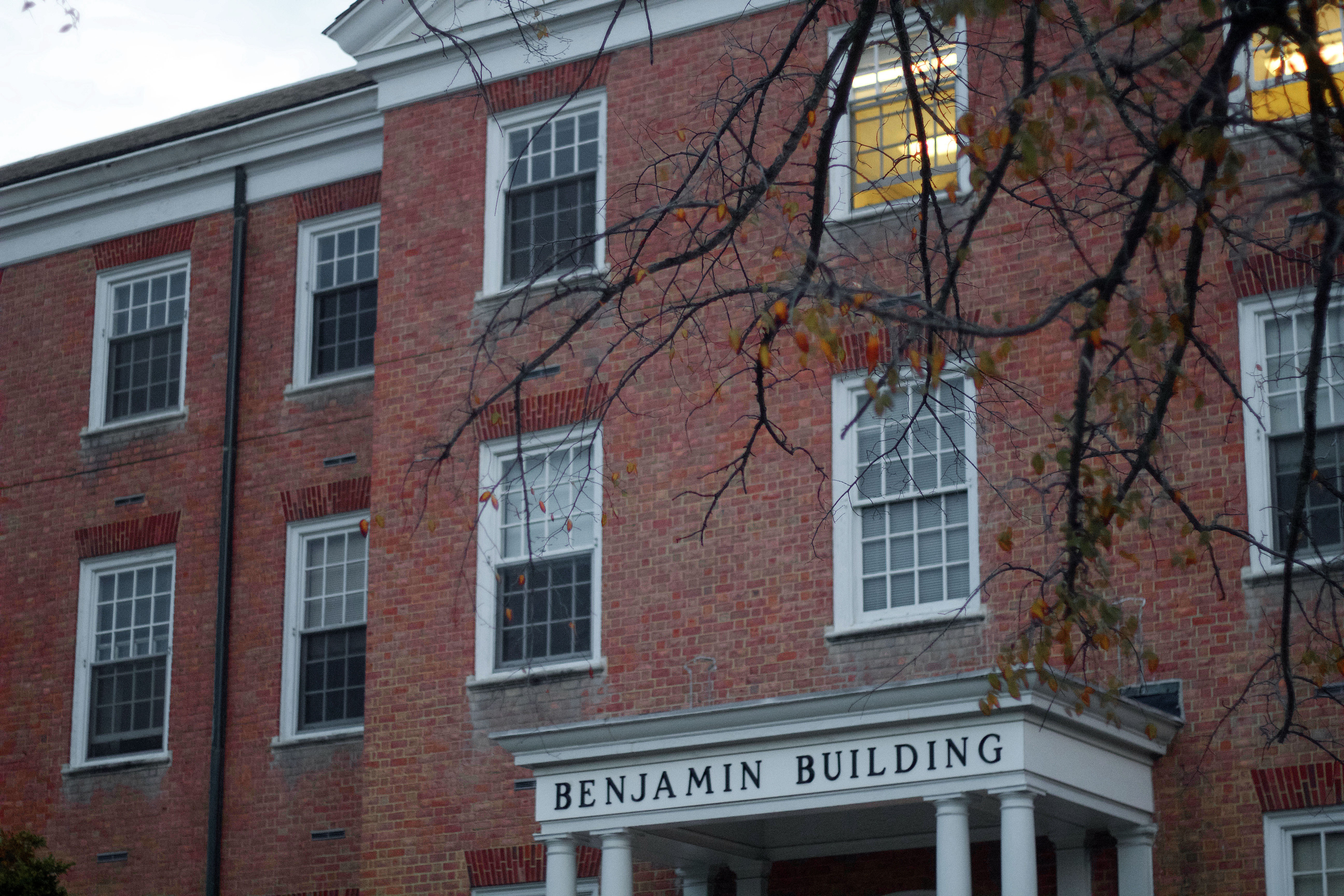The University of Maryland Graduate Council plans to enhance communication between graduate students and their advisers by expanding statements of mutual expectations to include teaching assistants.
The statements, which are currently only designed for research assistants, provide a clear outline of a graduate student’s responsibilities and how to fulfill his or her advisor’s expectations. After Provost Mary Ann Rankin approved statements of mutual expectations this fall, the graduate school strongly recommended that advisors create a statement for every new graduate research assistant, and to update it annually, said graduate school spokeswoman Mary Carroll-Mason.
A few departments, such as biology and psychology, have successfully utilized the statements this semester, and Jeffrey Franke, interim graduate school dean, has sought out nominations for a committee that would craft a similar document for teaching assistants, said Will Howell, a communication doctoral student.
If the committee works at the same pace they did for the research assistant document, it could produce a version of the statements of mutual expectations for teaching assistants by the end of this academic year, Howell said.
Graduate students have been clamoring for a similar document for teaching and administrative assistants, said Charles Delwiche, a biology professor. However, toward the end of 2015, former graduate school dean Charles Caramello ordered the Graduate Council to create statements of mutual expectations exclusively for research assistants.
“What the dean had in mind was to basically see how the statements of mutual expectations worked for research assistants first, and use that as a way to debug and figure out what considerations would be for other types of assistants,” said Delwiche, who sat on the council.
To aid in this process, the Teaching and Learning, Policy and Leadership division of the education college began a pilot program this fall to use statements of mutual expectations for all graduate assistants, said Diana Bowen, an education doctoral student. This department is uniquely situated to run the pilot program because it has a wide variety of roles for graduate assistants, Bowen said.
“The concept grew out of an idea around research assistants, but I think it’s important for [all] graduate students to understand expectations in a workplace culture and the requirements of their job,” she said. “We’ve seen very little difference in how it’s worked for a research assistant and how it’s worked for a teaching assistant.”
While it’s still too early to tell if the program has helped to prevent miscommunication, Bowen said it’s a positive step to have supervisors and graduate assistants sitting down together, allowing students to better understand their job and complete their work.
At the end of this academic year, Bowen said, professors and students will have a “chance to reflect on the process and make suggestions about how they would improve or change [statements of mutual expectations].”
Although Bowen’s department has had premature success with the statements, the majority of departments haven’t made significant use of them, Howell said. He added that because the statements aren’t a requirement, the administration and graduate school “should put pressure on departments to use them,” so they become more commonplace and effective.
“It’s potentially really valuable,” Delwiche said. “But it’s only going to be valuable to the extent that the participants adopt it and really use it as an opportunity to sit down together and discuss what the expectations are for the semester or for the term of the assistantship.”



